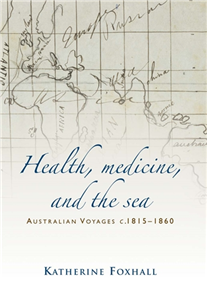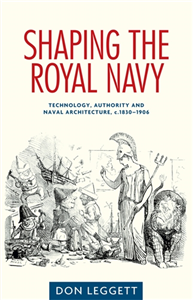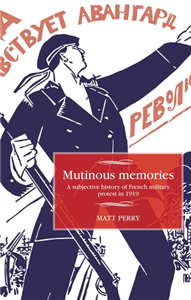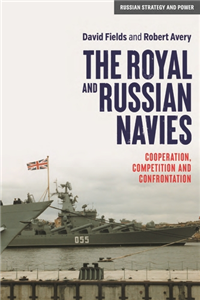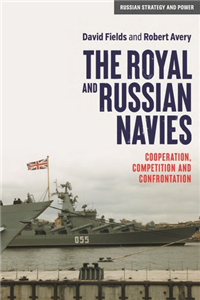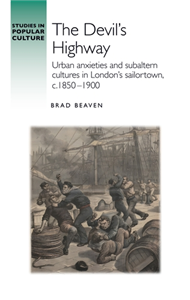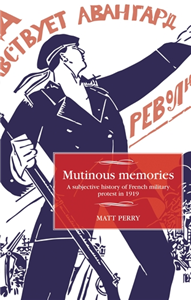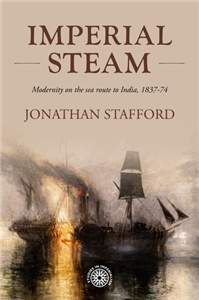Shaping the Royal Navy
Technology, authority and naval architecture, c.1830–1906
by Don Leggett
The nineteenth-century Royal Navy was transformed from a fleet of sailing wooden walls into a steam powered machine. Britain's warships were her first line of defence, and their transformation dominated political, engineering and scientific discussions. They were the products of engineering ingenuity, political controversies, naval ideologies and the fight for authority in nineteenth-century Britain. Shaping the Royal Navy provides the first cultural history of technology, authority and the Royal Navy in the years of Pax Britannica. It places the story firmly within the currents of British history to reconstruct the controversial and high-profile nature of naval architecture. The technological transformation of the Navy dominated the British government and engineering communities. This book explores its history, revealing how ship design became a modern science, the ways that actors competed for authority within the British state and why the nature of naval power changed.




